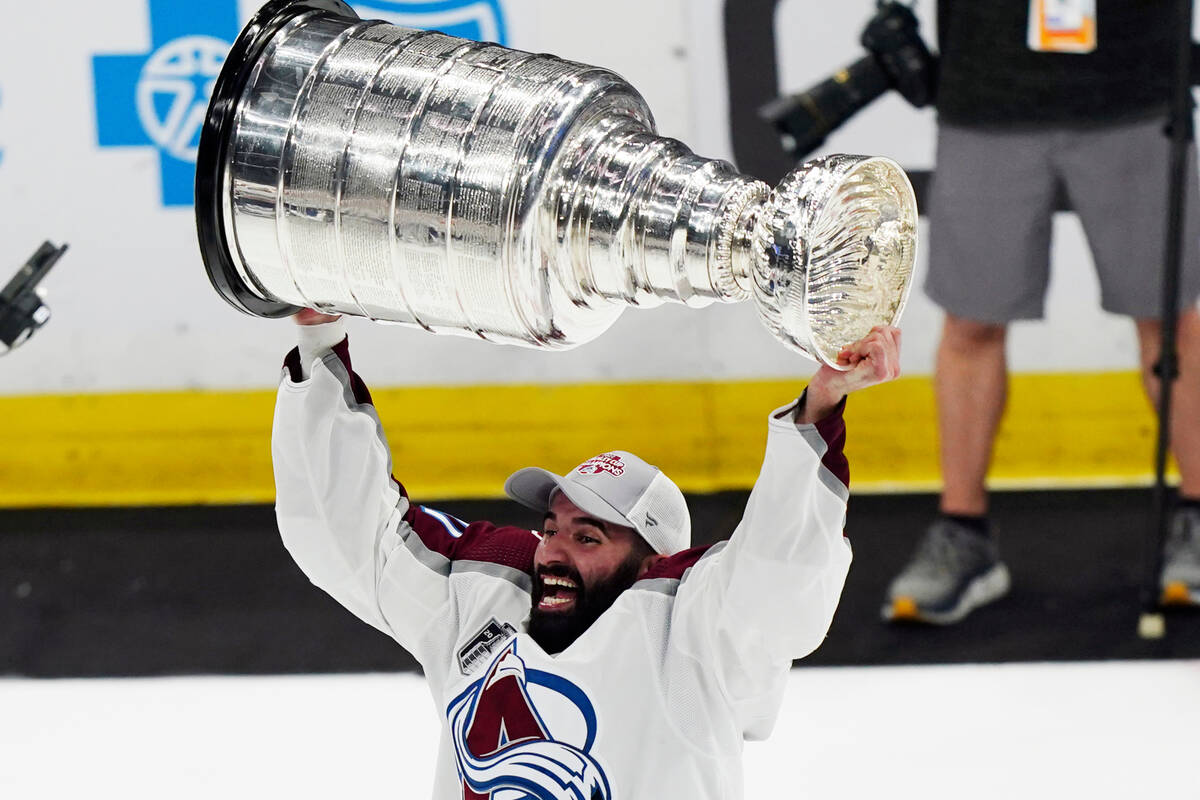Drop the puck — and the razor. It’s NHL playoff time

The Stanley Cup playoffs start this week, which is good news for just about everyone, with the possible exception of the razor blade industry.
Yes, one of the best traditions in sports is back. Playoff beards.
Once the playoffs begin, the facial hair growth begins until the team meets its fate and the season is over. Of course, not every player or team participates. And occasionally a team will try to come up with some new tradition.
But those aren’t fun. Playoff beards are.
They’re not all created equal, though. Some players go for the unkempt mess. Others carefully craft a stylish goatee or humorous mustache. Some keep it trimmed, while others can’t seem to get anything going.
It don’t matter, just don’t shave it.
Islanders pioneers
The playoff beard has become such a part of the Stanley Cup playoffs that it is used in marketing campaigns and promotional videos for the NHL postseason.
But how did it start? ESPN’s Dave Caldwell did a great job tracing the roots in a 2017 story.
While there is debate, credit most likely goes to the New York Islanders of the early 1980s. They weren’t necessarily looking to start a widespread tradition; they were just superstitious.
And they won. And won. And won.
Those Islanders teams won four straight titles before passing the torch to Edmonton, a youthful team that didn’t carry on the tradition.
The practice didn’t pick up steam until the Devils made the playoffs for the first time in New Jersey in 1988 and played the Islanders. The Devils’ beards were grown out as an homage to their opponent’s past, and New Jersey won the series.
Over the years, some teams chose to participate, and most others didn’t. But when the Devils brought back the beards in 1995 and won the Cup, shaving in the postseason essentially became a thing of the past.
So on the eve of the start of the NHL playoffs, enjoy one final shave. It’s playoff time.
Trust the process
The chorus of complaints continues to grow about the lack of available sports betting menu options in Nevada as compared to some of the other upstart markets.
It needs to slow down.
This is not a full-throated defense of the state’s regulatory body and sportsbook operators. There needs to be progress.
But there has to be a happy medium between the old school and new.
It seems just about every week a new issue pops up somewhere around the country that involves confusion over whether a bettor has won or lost a particular wager.
Most recently, there was the debate over who would be graded as the winner of a bet posted in other markets about who would lead the league in 3-pointers per game.
Golden State guard Stephen Curry finished atop the category but played in only 56 games. That’s not enough to meet the 58-game threshold, so some books’ rules dictated bets on him would be graded as losers.
But the league guidelines stipulate that because he made enough to still win the category even if his 273 3-pointers were averaged out over 58 games, he’s still the winner.
Several books around the country posted the bet. Some scored it as a winner, some a loser. Most eventually ended up paying out.
Ignore all of that. It’s too in the weeds. What matters is these things happen just about every day as new markets continue to get more and more innovative with what bets can be posted, along with how rules are written and interpreted.
It’s a massive learning process. Nevada tends to be stricter and more conservative with what can be offered, and there is good reason for it. The state has been doing this for a long time. There is an understanding that any scenario that isn’t explicitly accounted for in the written rules can become an issue involving real money for bettors and sportsbooks.
So trust the process. Nevada will get there. Maybe not as quickly as some would like, but it will happen.
And it will mostly happen the right way.
Contact Adam Hill at ahill@reviewjournal.com. Follow @AdamHillLVRJ on Twitter.